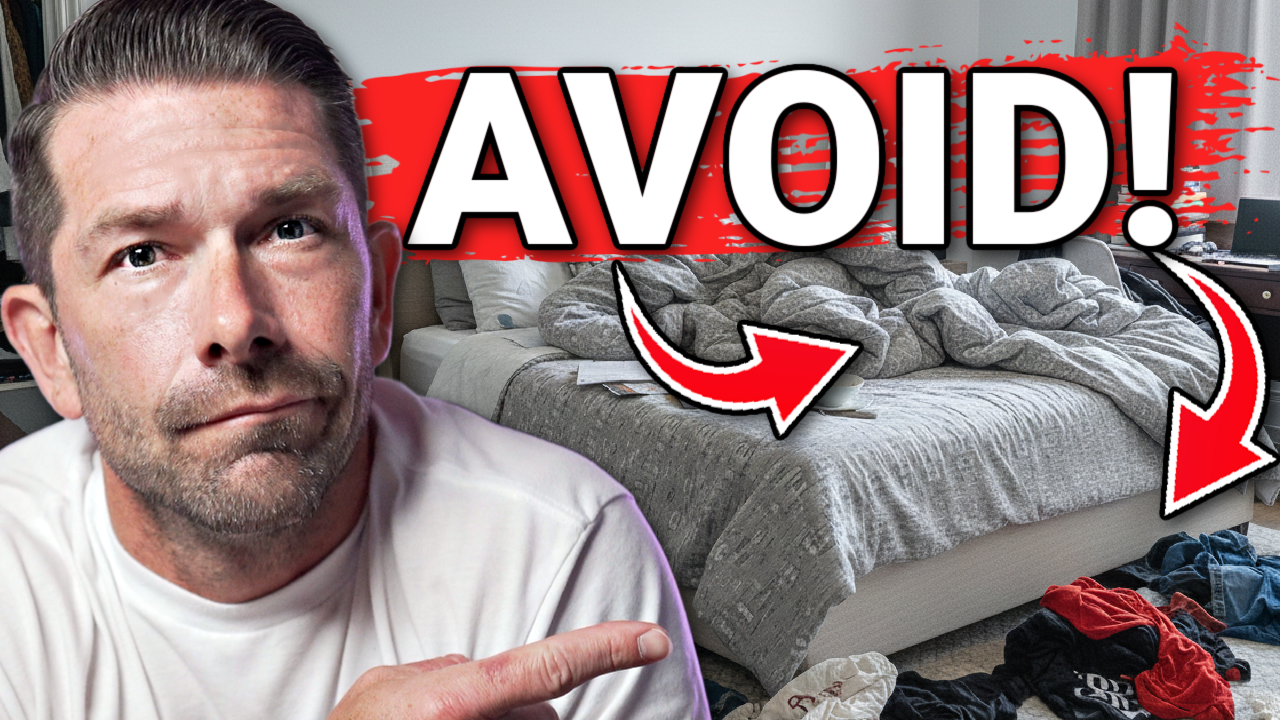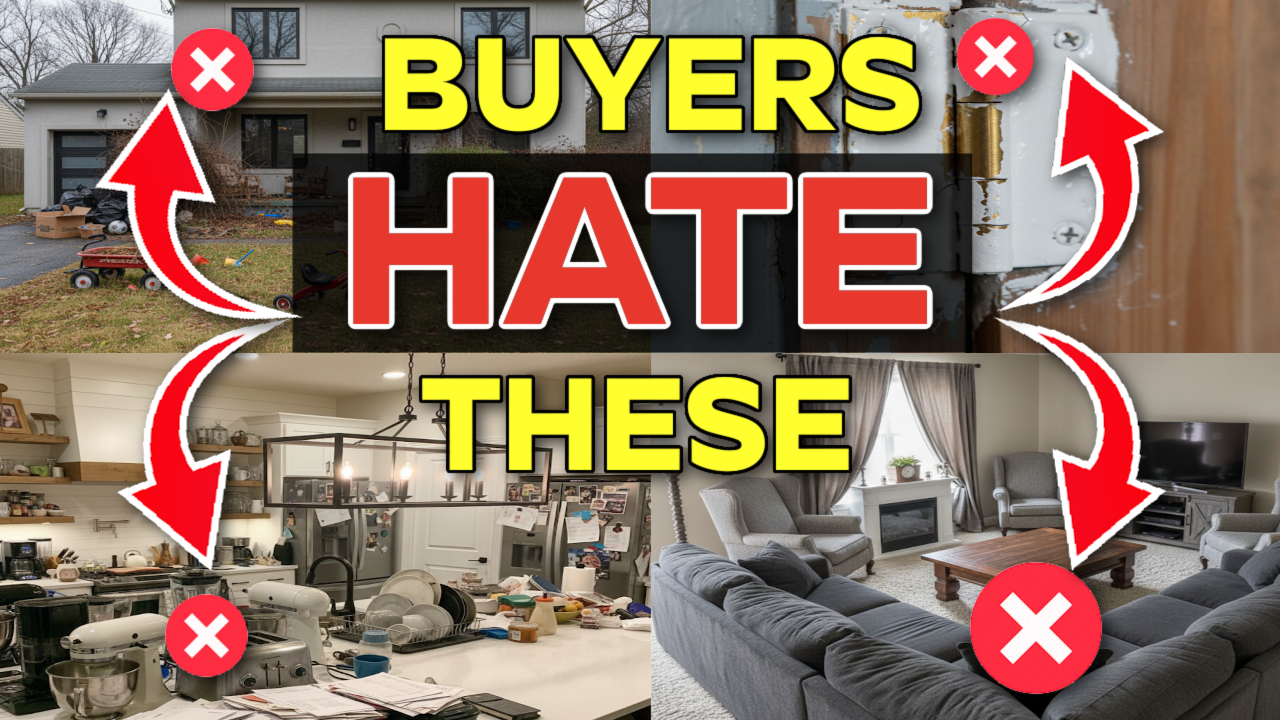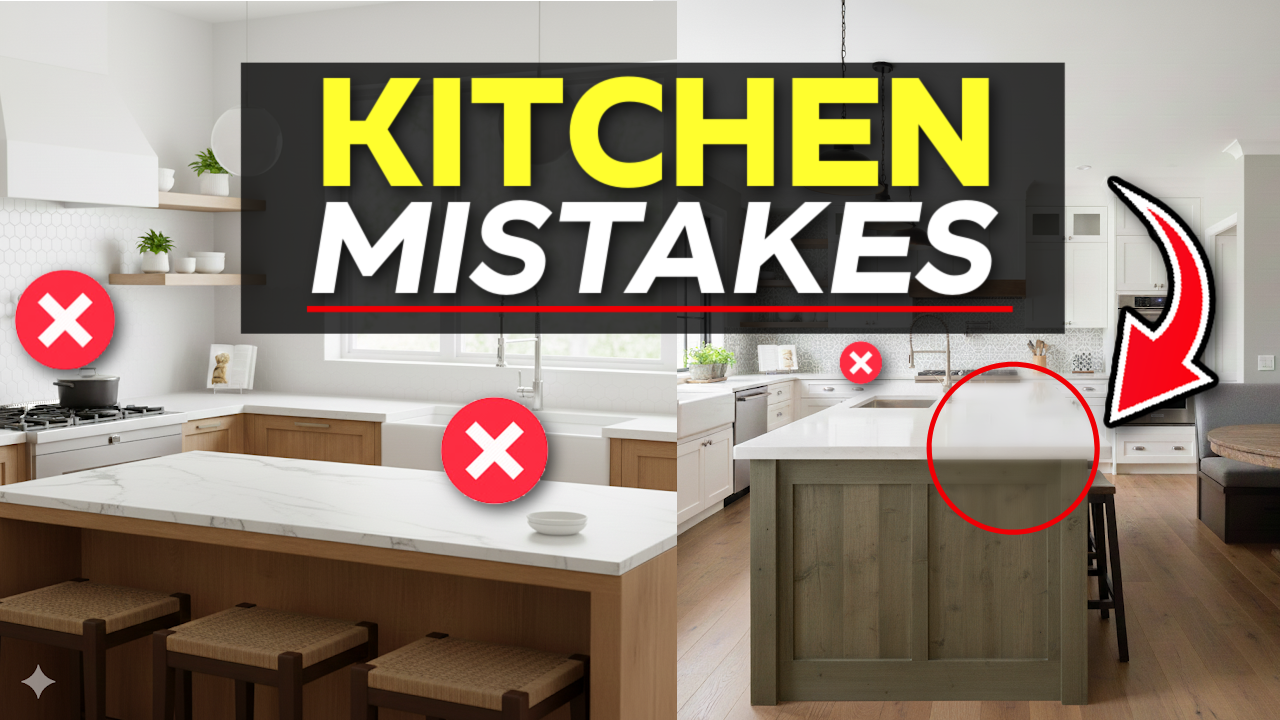How to Sell Your Home in 2025 (and Still Win)
Get The Latest OC Housing Report
How to Sell Your Home in 2025: What Smart Sellers Know
Thinking of selling your home in 2025? You need to know this: The housing market has changed. Inventory is up. Buyer demand is down. Homes are sitting longer. But perhaps most important of all? Buyer agent compensation is still alive—and it matters more than ever.
Click here to speak with our team at jebsmith.net
What’s Changed in the 2025 Housing Market?
- Inventory is growing: There are more homes on the market than in recent years, which means more competition for sellers.
- Homes are sitting longer: Properties aren’t flying off the shelf like they were in 2021 or 2022.
- Buyer demand is softer: High interest rates and affordability challenges are keeping many would-be buyers on the sidelines.
- Price cuts are up: Roughly 41% of listings have seen price reductions, especially in competitive markets.
What This Means for Sellers
If you're selling in 2025, the days of listing your home and getting multiple offers in 24 hours are largely over. You're not just selling your home—you’re competing with every similar home in your area and price point.
You must negotiate. And that means more than just the price. You're negotiating closing costs, terms, timelines, and increasingly—buyer agent compensation.
Why Buyer Agent Compensation Still Matters
Despite headline-making lawsuits and policy changes, most sellers are still offering buyer agent commissions. Here's why:
- It expands your buyer pool: Many first-time buyers can’t afford to pay their agent out of pocket.
- It gives you a competitive edge: If your home and your neighbor’s are identical, but they offer a 2.5% agent commission and you offer zero—guess where buyers go?
- It helps smooth negotiations: Buyer agents are more motivated to help deals succeed when they're compensated fairly.
Real talk: Sellers who refuse to offer any concessions—whether on price, closing costs, or agent compensation—are getting left behind in this market.
What Changed After the NAR Lawsuit?
One major result of the lawsuit is that agent compensation is no longer listed in the MLS. Buyer agents now must have signed representation agreements that spell out how they get paid—often before even showing homes.
But here’s the kicker: When homes sell, agents must report whether compensation was offered. And time and time again, the data shows most homes still include compensation.
Why? Because it helps homes sell faster and for more money. Even a Federal Reserve report showed no measurable decrease in commission rates post-lawsuit.
How to Use Compensation Strategically
You don’t have to decide on compensation upfront. In fact, we don’t recommend it. Let offers come in and then negotiate based on the quality of the offer.
- If a buyer comes in strong, you might offer 2% or 2.5% to seal the deal.
- If an agent pushes back, try countering with 1.5% or a flat fee.
- You can even structure deals where the buyer and seller split the cost.
The key is flexibility. Set yourself up to respond to what the market gives you, not dictate terms before you’ve seen any offers.
Real-World Example: How This Plays Out
Let’s say you’re selling a home for $850,000. You get two offers:
- Offer A: Full price, buyer asks for 2.5% commission to their agent.
- Offer B:$825,000, buyer pays their agent out of pocket.
If you take Offer A, you’re still walking away with more net proceeds and a smoother transaction because the agent is aligned. That’s the power of strategic compensation.
The Psychology of Selling in 2025
Today’s buyer agents are used to getting paid. If they sense a listing is undercutting their compensation, they may deprioritize it—even subtly. That can mean fewer showings, less excitement, and more time on market.
Your job as a seller: Make your home attractive not just to buyers, but also to their agents. This isn’t shady or manipulative—it’s smart strategy in a competitive environment.
Final Thoughts: Flexibility Wins
Yes, the rules have changed. But human behavior hasn’t. Sellers who offer concessions, negotiate fairly, and understand agent psychology are still coming out on top.
Here’s what smart sellers are doing:
- Waiting to disclose compensation until an offer comes in
- Using agent compensation as a negotiation tool
- Matching buyer flexibility with seller creativity
Remember: You’re not just selling your home—you’re competing. The best homes with the best terms still win.
Want more expert insights like this? Subscribe on YouTube and never miss an update.












